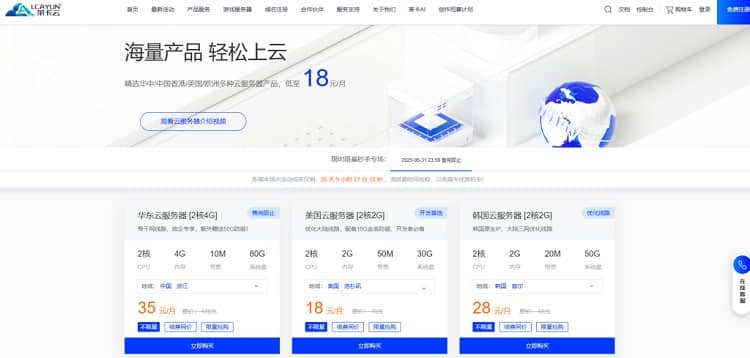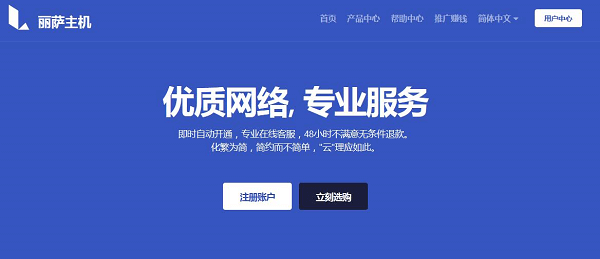在Android中,AppBarLayout是一个垂直的LinearLayout,它可以包含多种组件,如Toolbar、TabLayout、FloatingActionButton等
- 添加依赖项
在项目的build.gradle文件中,添加Material Components库的依赖项:
dependencies {
implementation 'com.google.android.material:material:1.4.0'
}
- 在布局文件中添加AppBarLayout
在你的activity或fragment的布局文件中,添加一个AppBarLayout包裹你想要包含的组件。例如:
<com.google.android.material.appbar.AppBarLayout android:layout_width="match_parent" android:layout_height="wrap_content" android:theme="@style/ThemeOverlay.AppCompat.Dark.ActionBar">
<androidx.appcompat.widget.Toolbar android:id="@+id/toolbar" android:layout_width="match_parent" android:layout_height="?attr/actionBarSize" android:background="?attr/colorPrimary" app:popupTheme="@style/ThemeOverlay.AppCompat.Light" />
</com.google.android.material.appbar.AppBarLayout>
- 设置Toolbar
在上面的示例中,我们添加了一个Toolbar组件。要设置Toolbar,请执行以下操作:
- 在布局文件中设置id、宽度、高度和背景颜色。
- 在Activity或Fragment中,通过findViewById()方法获取Toolbar实例。
- 使用Toolbar实例设置标题、导航图标、菜单等。
例如,在Activity中设置标题:
Toolbar toolbar = findViewById(R.id.toolbar);
setSupportActionBar(toolbar);
getSupportActionBar().setTitle("My App");
- 添加TabLayout(可选)
要在AppBarLayout中添加TabLayout,请在布局文件中添加一个TabLayout组件,并将其包含在AppBarLayout中。例如:
<com.google.android.material.appbar.AppBarLayout android:layout_width="match_parent" android:layout_height="wrap_content" android:theme="@style/ThemeOverlay.AppCompat.Dark.ActionBar">
<com.google.android.material.tabs.TabLayout android:id="@+id/tabLayout" android:layout_width="match_parent" android:layout_height="wrap_content" app:tabMode="fixed" app:tabGravity="fill" />
<androidx.appcompat.widget.Toolbar android:id="@+id/toolbar" android:layout_width="match_parent" android:layout_height="?attr/actionBarSize" android:background="?attr/colorPrimary" app:popupTheme="@style/ThemeOverlay.AppCompat.Light" />
</com.google.android.material.appbar.AppBarLayout>
在Activity中设置TabLayout:
TabLayout tabLayout = findViewById(R.id.tabLayout);
tabLayout.addTab(tabLayout.newTab().setText("Tab 1"));
tabLayout.addTab(tabLayout.newTab().setText("Tab 2"));
tabLayout.addTab(tabLayout.newTab().setText("Tab 3"));
- 添加FloatingActionButton(可选)
要在AppBarLayout中添加FloatingActionButton,请在布局文件中添加一个FloatingActionButton组件,并将其包含在AppBarLayout中。例如:
<com.google.android.material.appbar.AppBarLayout android:layout_width="match_parent" android:layout_height="wrap_content" android:theme="@style/ThemeOverlay.AppCompat.Dark.ActionBar">
<androidx.appcompat.widget.Toolbar android:id="@+id/toolbar" android:layout_width="match_parent" android:layout_height="?attr/actionBarSize" android:background="?attr/colorPrimary" app:popupTheme="@style/ThemeOverlay.AppCompat.Light" />
<com.google.android.material.floatingactionbutton.FloatingActionButton android:id="@+id/fab" android:layout_width="wrap_content" android:layout_height="wrap_content" android:layout_gravity="end|bottom" android:layout_margin="16dp" android:src="@drawable/ic_add" />
</com.google.android.material.appbar.AppBarLayout>
现在,你已经成功地将功能添加到了Android AppBarLayout中。你可以根据需要自定义这些功能,以满足你的应用需求。

 便宜VPS测评
便宜VPS测评










